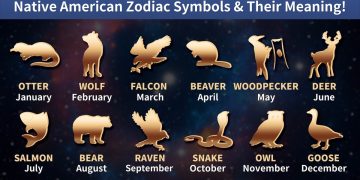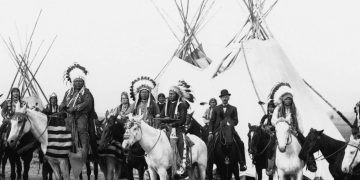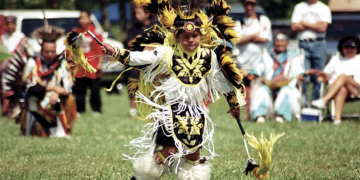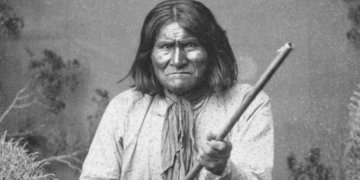Native American history is a profound and intricate tapestry of culture, resilience, and survival that deserves far more recognition. Long before European settlers arrived, the lands now known as the United States were home to more than 600 distinct tribes, each with its own language, traditions, governance, and deep connection to the earth. These indigenous peoples lived in harmony with nature, understanding the sacred balance that sustains all life, from the smallest insects to the grandest mountains.
The arrival of European colonizers marked a tragic turning point in Native history, as waves of disease, violence, and forced relocation drastically altered the lives of Native peoples. Yet, despite centuries of oppression, displacement, and violence, Native communities have shown an unbreakable spirit of resilience and endurance. Events such as the Trail of Tears and the Battle of Little Bighorn remain significant, but they are only part of the broader story of Native American survival. Their culture, strength, and stories continue to shape the present and future.
Central to Native American life is spirituality, a sacred and all-encompassing understanding of the world. For Native peoples, the spiritual and physical realms are inseparable, with each element of nature seen as interconnected and sacred. The wind, the trees, the rivers, and the animals are not mere objects—they are living beings that deserve respect, understanding, and protection. This deep-rooted reverence for the land and all its creatures is a foundation for Native cultures and continues to guide communities as they fight to preserve both their environment and their way of life.
Family and community have always been at the heart of Native American societies. Unlike many Western concepts of individualism, the Native worldview prioritizes the collective well-being of the community. The extended family, the tribe, and the relationships among all members are vital. In many Native cultures, women held esteemed positions as leaders, warriors, and caretakers, reflecting the respect for their role as nurturers of life. Children were cherished, seen as the future of the people, and their upbringing was a shared responsibility, rooted in a commitment to passing down sacred traditions, stories, and wisdom.
While the history of Native Americans is marked by tragedy and loss, it is also a history of incredible resilience and transformation. Native peoples continue to fight for cultural preservation, healing from the trauma inflicted by centuries of injustice, and reclaiming their rightful place in society. Today, Native communities are stronger than ever, with new generations rising to carry the torch of their ancestors, ensuring that their voices and cultures thrive for years to come.
Through storytelling, cultural preservation, and a commitment to their core values, Native American peoples are not only surviving—they are flourishing. Their legacy of strength, wisdom, and connection to the earth serves as a reminder to all of us of the profound importance of respecting the land, the people, and the stories that make up the rich and vibrant history of Native America.
Source
Author: Terry Lee






